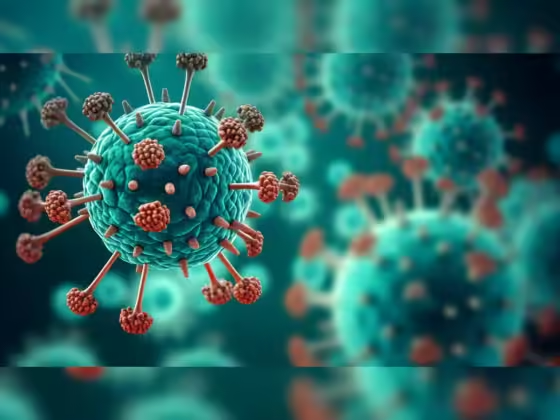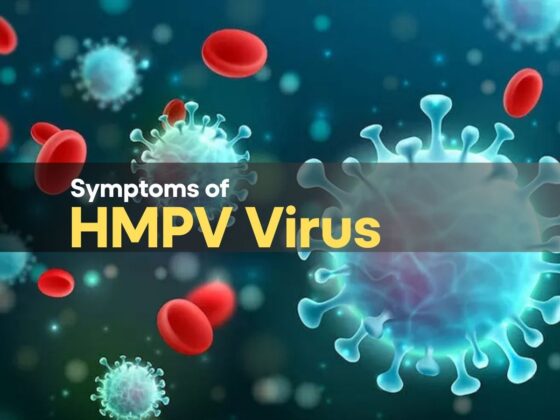Healthcare organizations have been fighting a series of unparalleled threats since the start of the COVID-19 pandemic. The pandemic continues to create a variety of monetization opportunities for cybercriminals, ranging from bogus coronavirus treatments to phishing attacks and scam calls.
Cybercriminals are actively targeting the COVID-19 vaccine supply chain to gain confidential information on delivery schedules and plans, according to the US Department’s Cybersecurity and Infrastructure Security Agency (CISA).
IBM’s security giant has also cautioned about hacker activity targeting the Covid-19 vaccine distribution network. An incident recently discovered by IBM brought to light a global phishing campaign bearing the signs of an incident funded by the state.
As the crisis continues to reshape the global cyber threat landscape, along with threat monitoring, it takes hours to train staff to handle their sensitive data professionally at every step of the logistics value chain.
Citizens have been alerted by the Ministry of Home Affairs to beware of cybercriminals who are attracting individuals to pay and register for a “priority” coronavirus vaccine that will help them get the vaccine before others.
The scamsters have allegedly used connections to ask individuals to pay for the vaccines, via malicious links, emails, tweets, or phone calls, the scamsters are allegedly attracting people to get priority vaccines.
Cyber Dost, a Twitter handle operated by the Ministry of Home Affairs, Government of India, has warned citizens of scammers who are asking people to pay money to book the vaccine.
Due to apprehension associated with COVID-19, Cyber criminals are playing various tricks. They may offer to “pay and register” in getting priority to receive first CORONA VACCINE, through malicious link, mail, message or phone call. Be aware otherwise you may get defrauded.
— Cyber Dost (@Cyberdost) December 28, 2020
The alert comes as the nation is getting ready for the vaccine in early 2021. On Monday, the government began a two-day dry run of the coronavirus vaccine immunization campaign to test the mechanism’s readiness.
Earlier this month, a critical cyberattack has struck the European Medicines Agency (EMA) that has led to the compromise of the crucial data of the drug regulator and the medical research documents relevant to the COVID-19 vaccine.
In an official press release on 10 December, the EU agency announced that a suspicious activity investigation was ordered, resulting in security threats, hacking and coordinated cybercrime against its database. Pfizer and BioNtech, meanwhile, confirmed that their documents and vital regulatory submissions had been improperly accessed during the EMA attack. The department has involved law enforcement and other related agencies who’ve conducted a full investigation into the cybercrime.
While all countries will learn to recover from this crisis, health and logistics companies in the firing line are doing their utmost to take as many preventive steps as to fight against data breaches and counterfeiting. With the promise that vaccinations will be abundantly available in the nearly distant future, the increasing need for the hour is to reinforce our readiness to meet the potential challenges.
Interpol also released an Orange Notice to its 194 member countries earlier this year, alerting them that coordinated networks were targeting COVID-19 vaccines physically and across the internet. The networks’ plans include fraud, falsification, fraudulent advertisement, and delivery of vaccines against coronaviruses. It is advisable that before making any purchases through them, users verify connections.








